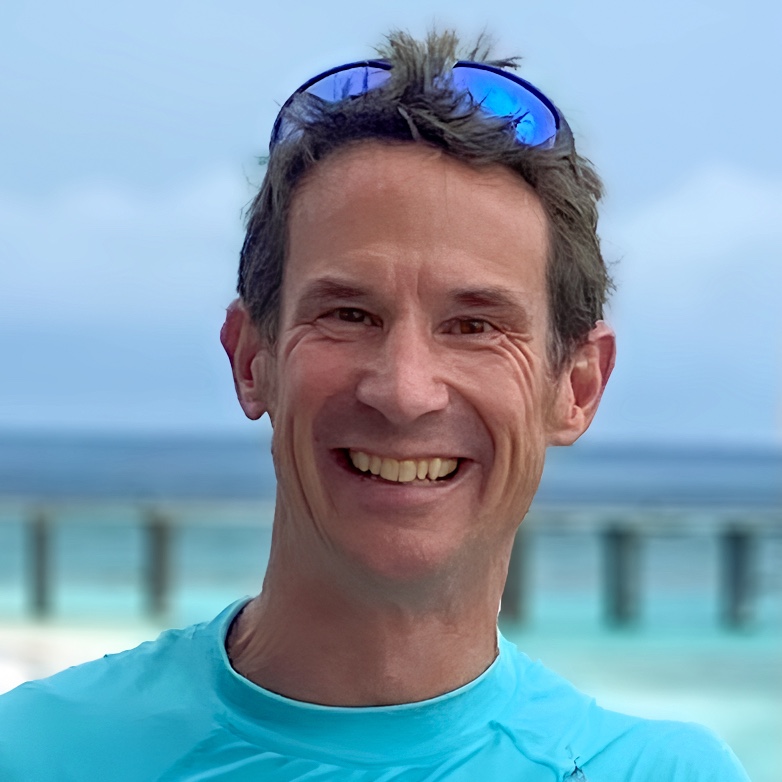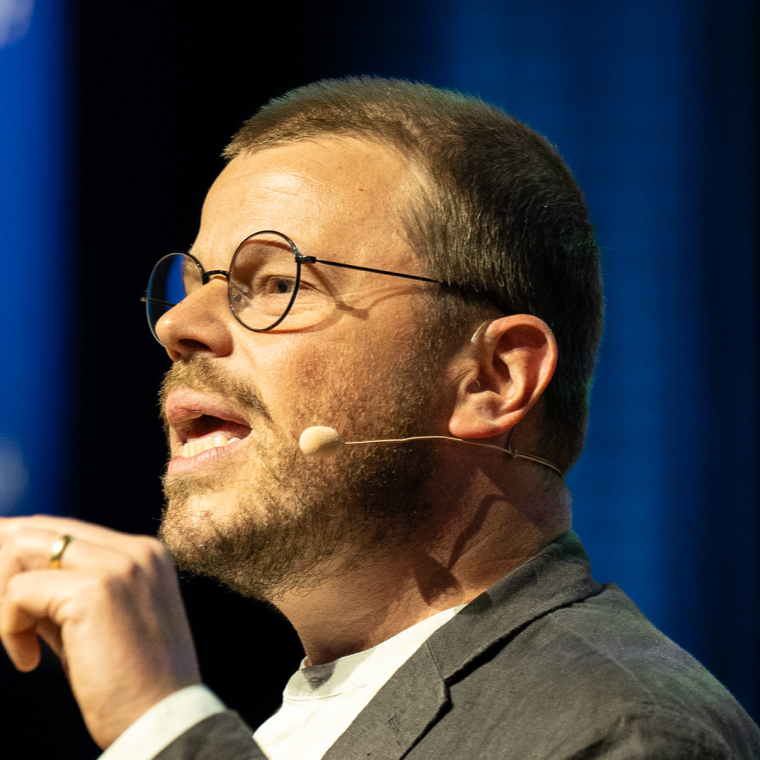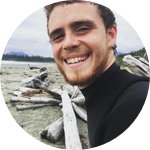About This Project
Coral reefs – particularly healthy ones – are loud places, teeming with animal and plant life. Studies show that fish can be attracted to degraded reefs by playing sounds of healthy ones. Plants, too, have been shown to respond well to sound, so this experiment seeks to understand their role in relation to coral growth. We will be testing whether single-celled algae can increase photosynthesis and growth rates in response to sound, in turn leading to coral growth and calcification.
Ask the Scientists
Join The DiscussionWhat is the context of this research?
Scientists have successfully attracted fish and increased coral larval settlement in degraded coral reefs by playing soundscapes of healthy ones. The benefits of acoustic stimulation also extend to plants, showing germination, to boosted immunity, increased stress defenses, improved photosynthesis, and plant growth. As with fish, corals have mutually dependent relationships with plants in their ecosystems, like zooxanthellae. Studies show a positive impact of up to 57% of sound on the growth and photosynthesis rates of free-living aquatic algae across a broad spectrum of frequencies. We believe that zooxanthellae in corals may enhance photosynthesis in response to sound, leading to increased coral growth and calcification rates.
What is the significance of this project?
If this experiment is successful, it will shed light on one of the specific mechanisms that makes acoustic enrichment work on coral reefs. Beyond attracting fish, we will seek to demonstrate the crucial role of zooxanthellae in restoring degraded coral reefs. But it is also possible that more algae may have detrimental consequences, as algal growth has been shown to reduce survivorship and settlement success of coral larvae and cause declines in adult coral colonies. Overall, a better understanding of the mechanics of acoustic enrichment on algae and corals will allow scientists (hopefully including citizen scientists) to deploy this low-cost solution to reefs around the world at scale and maximise co-benefits to the wider ecosystem.
What are the goals of the project?
This project will adapt methods from previous experiments by Josh Pysanczyn exploring the auditory sensitivity of coral larvae. We will suspend acoustic playback systems with a frame system and monofilament line c. 25cm underwater and 10cm away from the side of a tank containing samples of coral fragments. The playback systems will consist of two submersible speakers, an amplifier, an MP3 player and a battery. We propose that by acoustically enriching coral reef habitats in terrestrial coral nurseries, we are able to promote fragment growth through increased photosynthesis of the algae that corals feed on to grow. Any coral growth we observe in the experiment will be measured accurately by BrainCoral imaging (a patented precision aquaculture tech system created by Coral Vita).
Budget
The budget above reflects the basic costs for our team of three to carry out our coral experiment in Grand Bahama. Accommodation, food, tanks and BrainCoral tech will all be provided by partners Coral Vita, so these are excluded.
Endorsed by
 Project Timeline
Project Timeline
Josh will start by conducting a power spectral density analysis to determine and ensure the best soundscape for each tank. One key constraint of the experimental design will be changing the MP3 players batteries. MP3 battery life is approx. 12 hrs, so we will need to acquire the help of local employees of Coral Vita to change and charge them. We will need to wait a few months for corals to complete growth cycles before completing our analysis.
Dec 02, 2024
Project Launched
Mar 03, 2025
Travel to Grand Bahama
Mar 10, 2025
Install soundscapes in tanks, then conduct spectral density analyses
Apr 07, 2025
Results on mortality expected (Josh to receive BrainCoral analysis training from Coral Vita whilst waiting for results)
Jun 02, 2025
Results on coral growth expected
Meet the Team
Chloe Erasmus
Chloe specialises in tackling global social and environmental challenges through innovative programmes and partnerships. She has honed her skills in Marketing, Business Management, Strategy, and Operations at Unilever and Pernod Ricard, and in senior leadership roles at The Queen’s Commonwealth Trust and The Conduit. Chloe holds a BSc in International Business from Manchester Business School and has also studied at NYU Stern.
David Erasmus
Dave Erasmus is a serial Social Entrepreneur and founder of Aqoustics.com , with multiple TEDx talks on giving, innovation and recent UN speech on listening to our ocean Dave seeks to bridge gaps that matter using dialogue, technology and imagination.
Josh Pysanczyn
Josh Pysanczyn is a marine biologist, wildlife journalist and natural history researcher. After obtaining an undergraduate degree in Zoology. His academic journey and began a masters degree, investigating the role of bioacoustics in coral reef restoration both from the heart of Bristol and the coastlines of Curaçao, He is currently working with the BBC Natural History Unit, contributing to a groundbreaking series on climate change (NDA).
Lab Notes
Nothing posted yet.
Additional Information
This project is the culmination of several years of work by our team on the intersection between sound and the ocean. In 2021, Dave Erasmus went on a sailing trip with Professor Steve Simpson of the University of Bristol and a documentary crew from the Southern tip of England to Glasgow for COP26. On the trip, the team recorded underwater audio documenting the migration of a species of snapping shrimp from the Mediterranean where they are normally found, all the way to the Hebrides. The following year, Dave founded Aqoustics, which is an AI- and machine learning-powered engine for underwater listening data. Aqoustics has already achieved significant milestones, including a 95% accuracy rate in identifying boat sounds and conducting successful citizen science projects. Aqoustics has also partnered with leading marine scientists and organisations such as Google, the London Interdisciplinary School and the UN World Oceans Day, to deliver immersive listening projects and experiences that highlight the importance of underwater acoustics in marine conservation. With Google, Aqoustics partnered on a coral-focussed project, Calling on our Coral, which encouraged citizen scientists to listen to underwater recordings and identify the sounds of healthy and unhealthy reefs. By feeding data back into the platform, citizens were able to support scientists in their work of monitoring ecosystem health, tracking illegal fishing and measuring success at restoration sites.
In 2023, Dave met Josh Pysanczyn, a Master of Science by Research candidate at the University of Exeter and Researcher at BBC Studios, whose research has provided the foundation for this application. Now, Dave, his wife and co-founder Chloe, and Josh are planning to run the experiment in collaboration with Coral Vita in their lab in the Bahamas, the Earthshot Prize-winning initiative which works to restore degraded coral reefs.
One of Josh's papers on this subject is available here, however the other 'previous experiments' referred to here are part of his Masters research and will be published online in the new year. Coral Vita's Brain Coral technology has not been made public yet, so unfortunately we're not able to link out to it. BrainCoral uses automation to facilitate manual processes in data collection, tasking and decision making. It ties a hyperspectral camera system with machine learning-based image analytics, customized workflows and a cloud-based database to make coral-focussed experiments seamless and efficient.
Project Backers
- 0Backers
- 0%Funded
- $0Total Donations
- $0Average Donation



